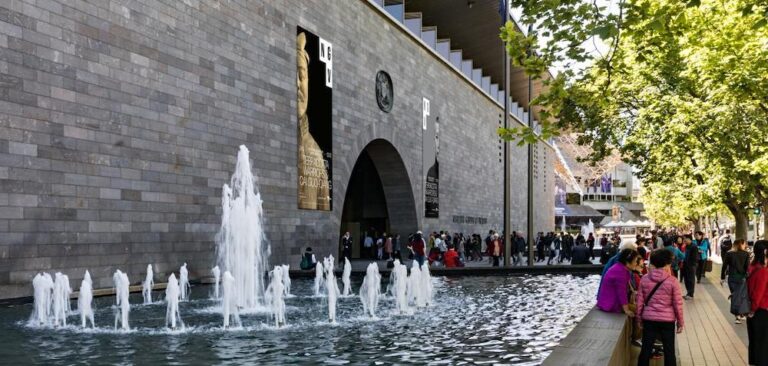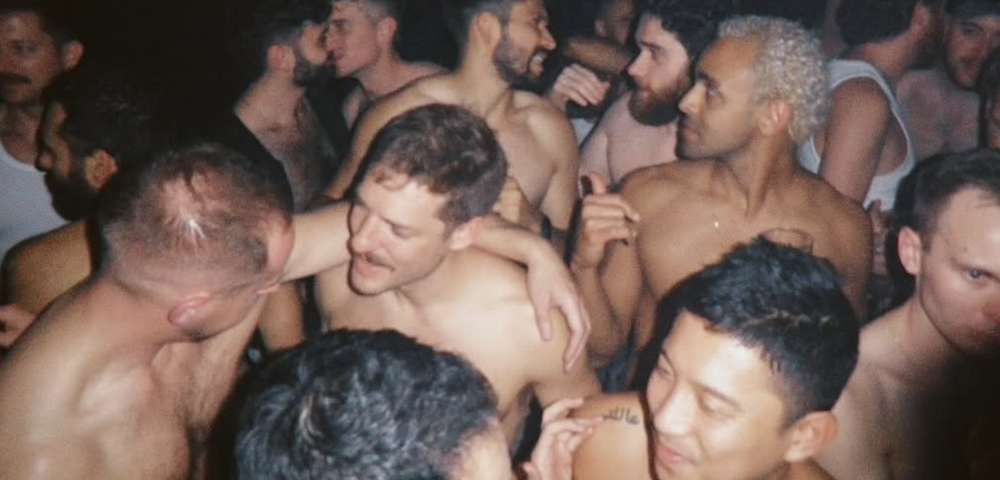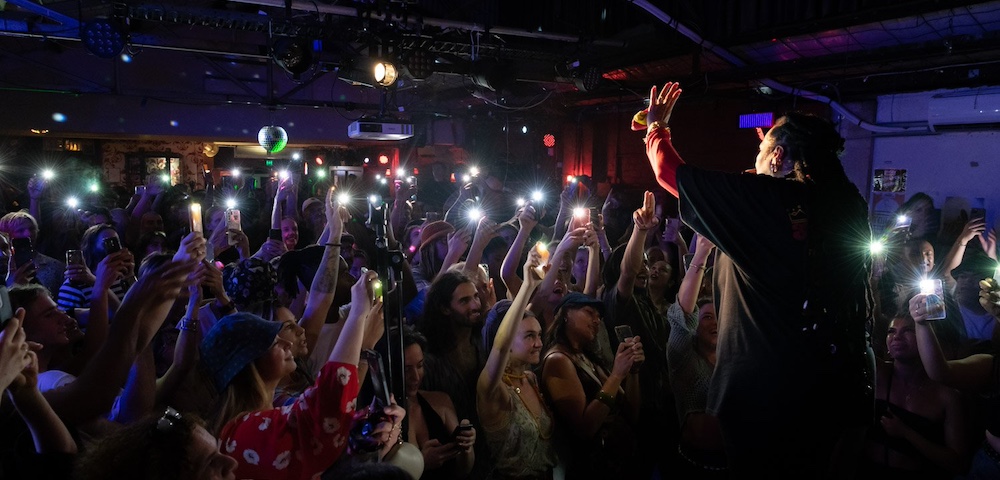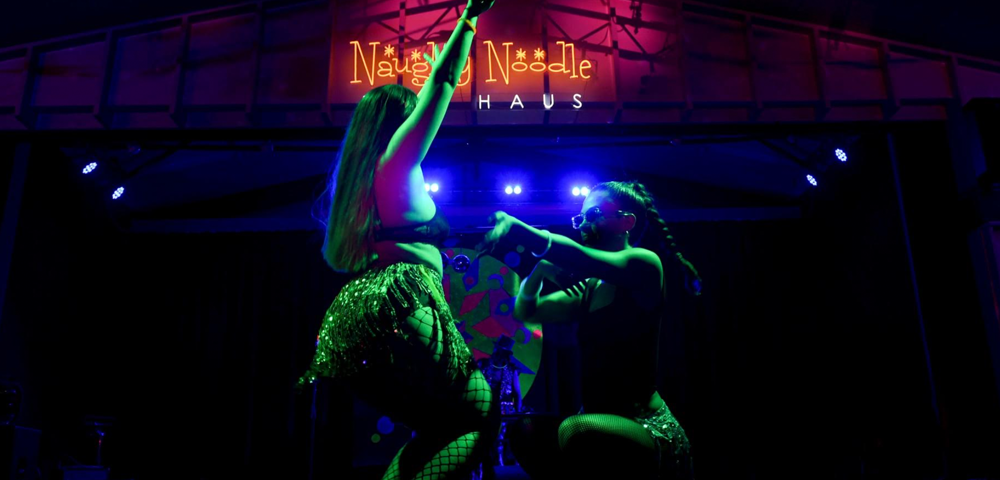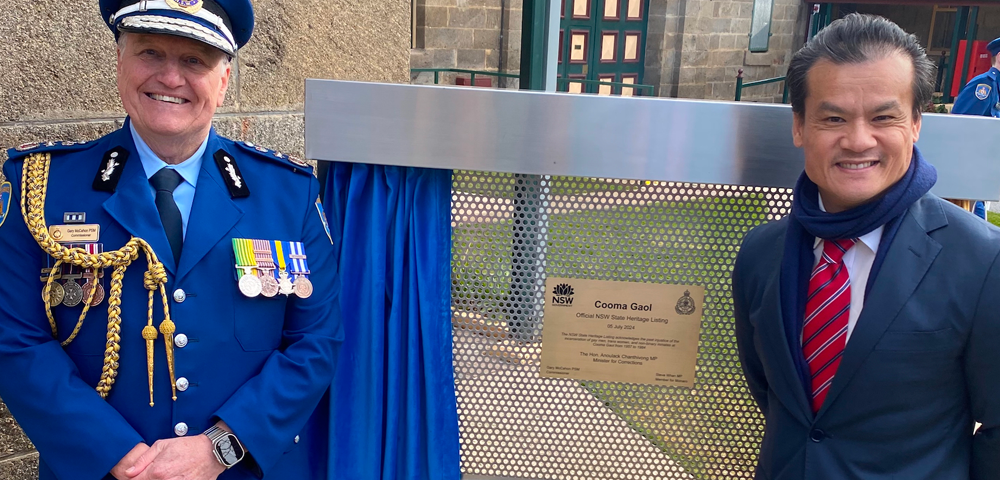
Study finds forms of abuse vary by gender
More than 90 percent of respondents to a Body Shop survey believed abuse could occur within gay and lesbian relationships.
A higher proportion of respondents, however, believed abuse could occur within heterosexual relationships.
The Body Shop and the University of South Australia (UniSA) surveyed 30,000 people over a three-week period in 2006.
The majority of respondents had a high level of awareness of the behaviours that constituted abuse, both in same-sex and heterosexual relationships, UniSA researcher Tammy Hand said, “including the more subtle behaviours such as giving your partner the silent treatment or pressuring your partner for sex”.
“There is a concern, however, among young men, with 25 percent of those under 18 not recognising that checking your partner’s mobile phone was abusive.”
Lesbian and Gay Anti-Violence Project coordinator Carl Harris said the rate of abuse within both homosexual and heterosexual relationships was similar.
The type of abuse in lesbian relationships differed from that between men, however, according to the results of a 2006 survey into abuse in GLBTIQ relationships conducted by ACON and the Same Sex Domestic Violence Working Group.
“About 40 percent of women and 30 percent of men had experienced abuse in a relationship,” Harris said.
“The most common for women was being humiliated, being called names or being made fun of – it was an emotional abuse.
“The most common for men was jealousy and overprotective behaviour, but emotional abuse was second to that.”
ACON and the Same-Sex Domestic Violence Group community awareness campaign There’s No Pride In Domestic Violence, which was launched in 2003, had increased awareness among GLBTIQ community members about abuse and violence in relationships.
“There are more people reporting incidents of violence and abuse now,” Harris said.
“People are starting to make contact with us, and they are describing their experiences as domestic violence, which wouldn’t have happened a year ago.”
Victims of same-sex domestic violence or abuse should contact the domestic violence line on 1800 656 463. For further information about domestic violence in gay and lesbian relationships go to www.ssdv.acon.org.au.



